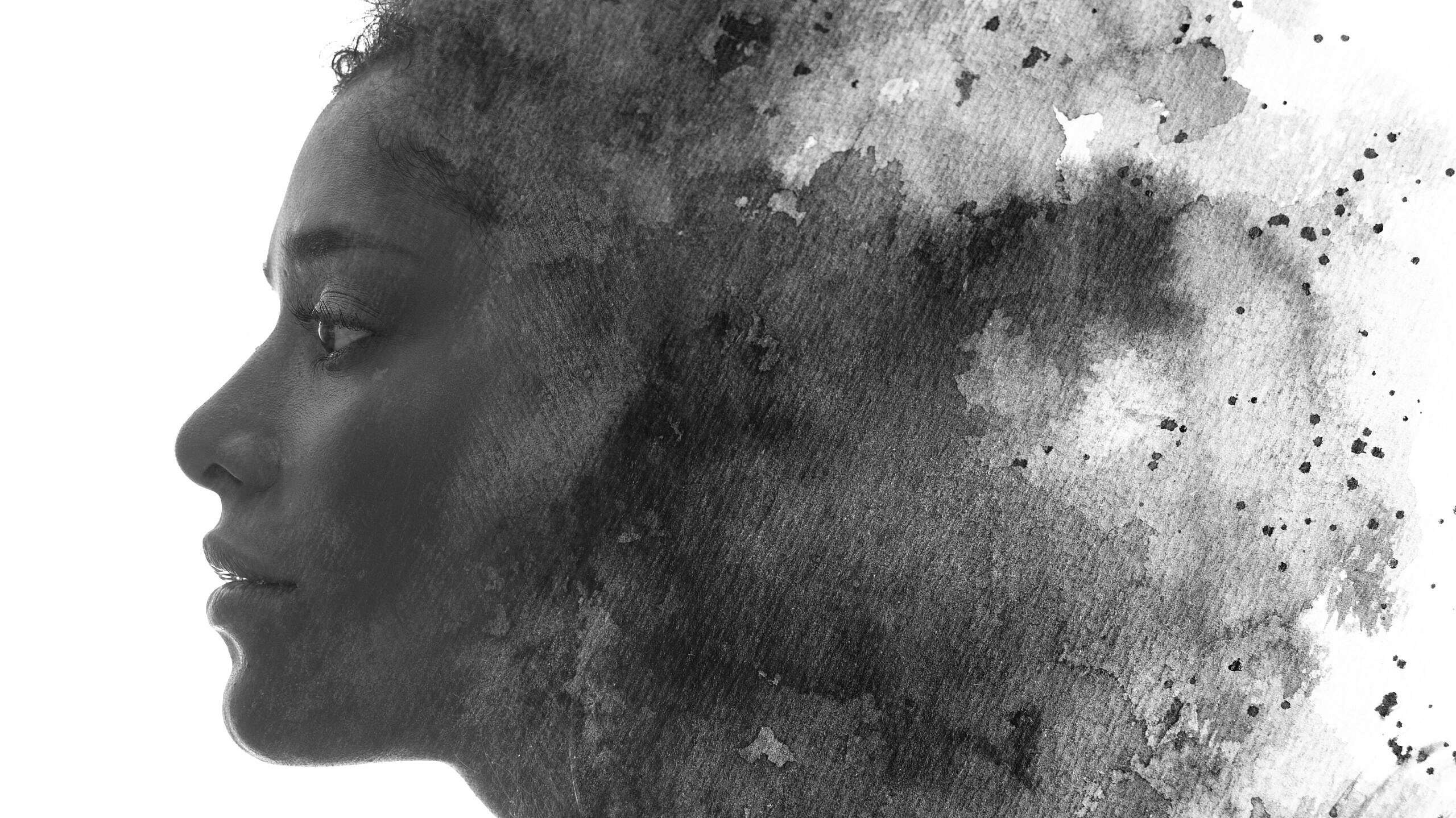Editor’s note: The following article discusses mental health and suicidal ideation. If you or someone you know needs support, contact the National Suicide Prevention Lifeline at 800-273-8255 for 24-hour support.

Paige Gaines first attempted suicide at twelve years old. “I’d been living with mental health challenges since I was about ten,” the suicide prevention and intervention specialist told theGrio. “I experienced a lot of depression and anxiety that continued to progress into my adult years.”
Currently, research indicates five to twelve-year-old Black children are twice as likely to attempt suicide than their white peers. When it comes to Black teens, studies found that their rates of suicide are increasing while instances among their peers are steadily decreasing. While there are a number of reasons for the rise in self-harm among Black youth, Gaines said that parents and caregivers of Black children shouldn’t blame themselves. “There’s so much that goes into a person’s mental health,” she said. “You can be a great parent and just miss it and that’s okay. It’s not your fault.”
Gaines does provide encouragement to adults to become aware of warning signs in children. “It’s normal for teens to want to isolate themselves as they get older,” she said. “But if you’re noticing that isolation is becoming more constant and frequent, it may be time to check in.” Gaines also said that parents should push for more than one-word responses to their question. When asking about their day, she said “fine” just won’t cut it. “Ask them about what emotions they experienced that day and how certain instances made them feel,” Gaines said.
Though Gaines kept her attempt a secret from her close-knit family, a decade later, they learned about it when she was hospitalized after her second attempt. “I began to experience severe anger and mood swings and have these terrible outbursts,” she said. In an attempt to numb the pain, Gaines said she began to self-medicate with alcohol and marijuana. “It put me in such an unstable place to where I had to be hospitalized.”
While in the hospital, Gaines was diagnosed with bipolar disorder, and though the diagnosis offered explanation and clarity, she said it also left her family under-resourced. “We got a diagnosis but we didn’t know where to turn, who to call or what doctors could best help us,” she said.
Committed to ensuring no family would have a similar experience, Gaines created 911 Sane Jane. The mental health consulting agency connects individuals and families with the resources needed to effectively navigate mental illness diagnoses and mental health management.
Mental health management is key: Gaines told theGrio that while she appreciated her diagnosis, she also needed to stop solely seeing herself through its lens.
“I heard ‘you are bipolar’ and I stopped there,” she recalled. “And even though I needed to hear that, I’m not just bipolar. I’m strong, smart, confident and beautiful.”
While African-Americans experience bipolar disorder at similar rates to other communities, they are less likely to receive a diagnosis and treatment. Added to that, Black women are twice as likely as Black men to experience a major episode and only half as likely as white women to seek treatment. Gaines advises Black women to abandon the narrative that they should be strong and therefore don’t need help.
“When we change our language and our mindset, we’re able to deal with our diagnosis objectively,” she said.
At 31, Gaines is thriving. With her eyes set on an upcoming book and expanding the work of 911 Sane Jane, she’s excited about the future. The support of her family, circle of friends and her partner helps; Gaines says she now knows it’s possible to lead a full life on the other side of a diagnosis—and wants to assure other women they can have the same.
“A diagnosis is not the end of your life whatsoever,” says Gaines. “It’s a moment. It’s a moment you needed, but it’s a moment.”
Candice Marie Benbow is theGrio’s daily lifestyle, education and health writer. She’s also the author of Red Lip Theology: For Church Girls Who’ve Considered Tithing to the Beauty Supply Store When Sunday Morning Isn’t Enough. Find her on Twitter and Instagram @candicebenbow.
TheGrio is now on your TV via Apple TV, Amazon Fire, Roku, and AndroidTV. Also, please download theGrio mobile apps today!

